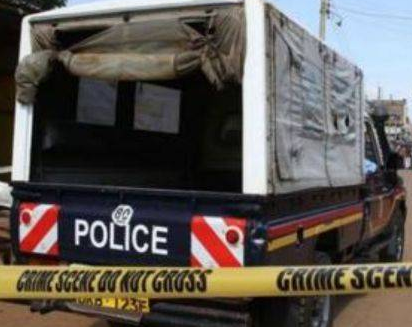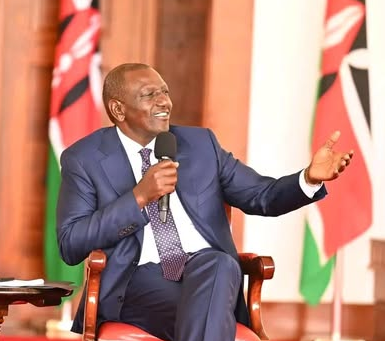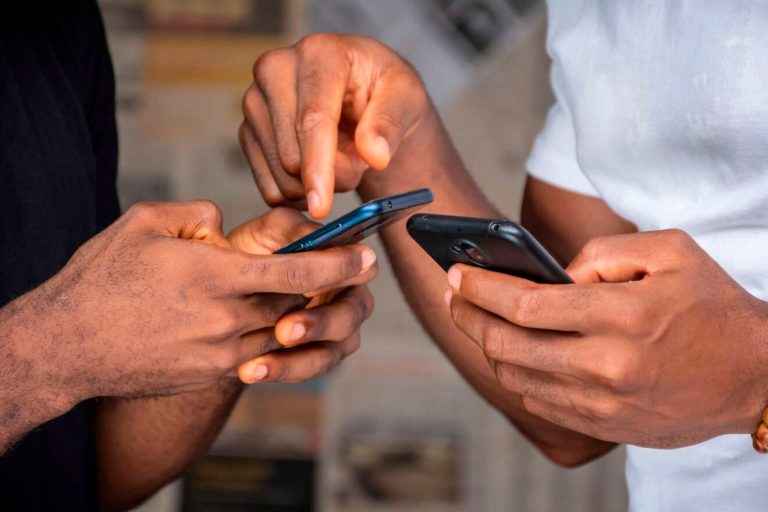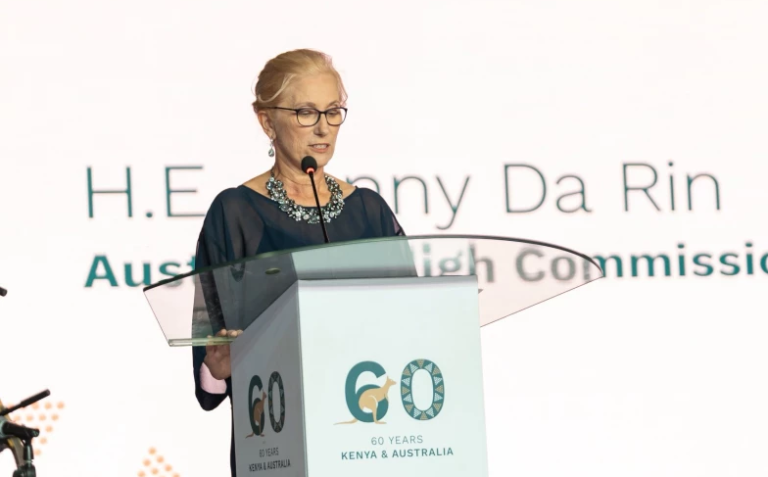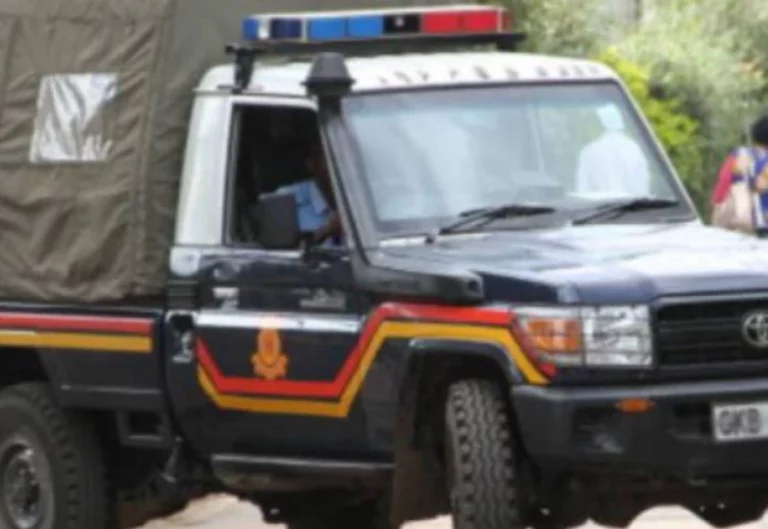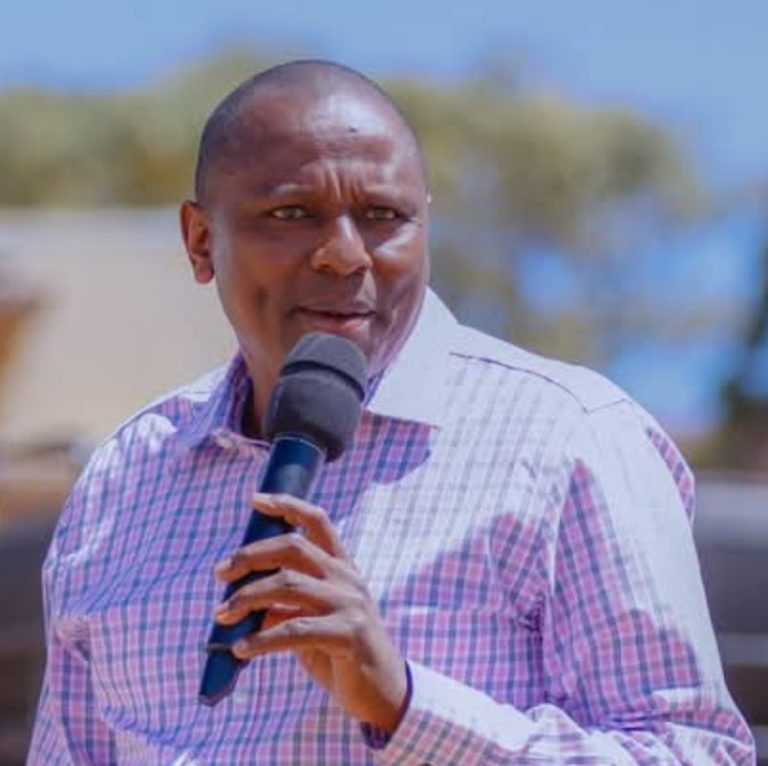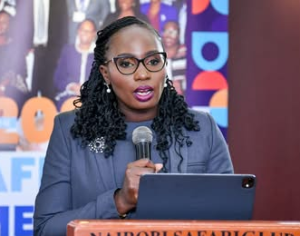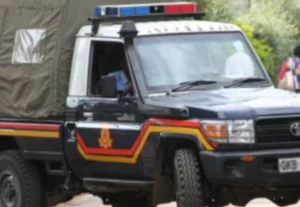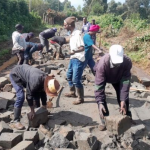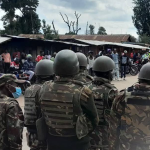On Wednesday, June 18, the administration of U.S. President Donald Trump announced that student visa appointments would resume.
However, this comes with a major change—stricter social media screening for all student and exchange visa applicants. This decision was revealed in a State Department cable obtained by Reuters.
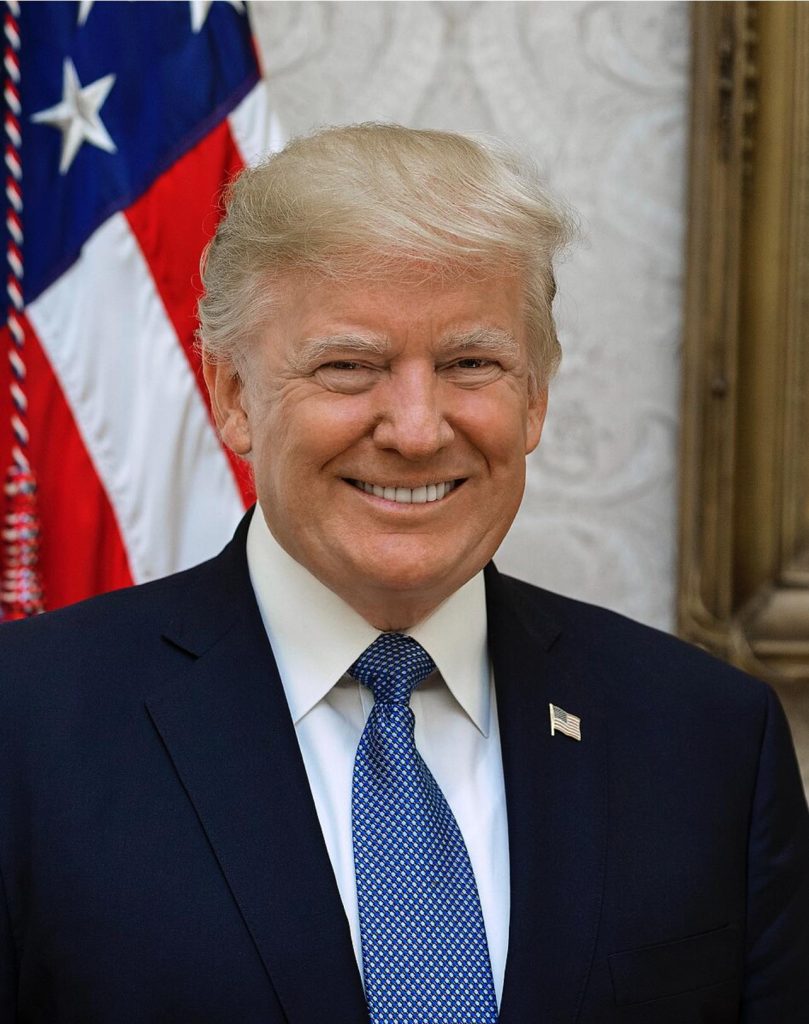
According to the cable, U.S. consular officers around the world must now carry out detailed and thorough background checks on all applicants.
These checks are designed to identify anyone who may hold negative or hostile views about the United States—its people, culture, government, institutions, or founding values.
Just a few weeks earlier, on May 27, the Trump administration had ordered all U.S. embassies and consulates to stop scheduling new appointments for student and exchange visas.
This pause therefore, was meant to give the State Department time to expand how it screens students’ social media.
Now, with the new policy in place, embassies and consulates are being told to look out for students with a history of political activism—especially if their activism includes violence or if their views go against American values.
Make social media accounts public.
The cable, sent by U.S. Secretary of State Marco Rubio, also instructs officers to request that applicants make all of their social media accounts public.
Additionally, officers are told to remind applicants that hiding their online activities could be seen as suspicious.
They must carefully search through the applicant’s entire online presence, not just their social media, using search engines and other available tools.
If they find anything concerning—such as support for terrorist groups like Hamas—the applicant may be denied a visa.
This move is part of a broader plan by the Trump administration to tighten visa regulations from students planning to study in the US.
In fact, just last month, officials began testing a similar screening process for people planning to visit Harvard University. That pilot program is expected to be expanded to other schools and visa applicants.
Online Activity Under the Microscope
The government’s new approach focuses heavily on what people say or do online. For example, if an applicant posts messages that support groups or causes the U.S. considers dangerous, that could be enough to reject their visa.
Read also US Considers expanding travel ban to 36 more countries.
Secretary Rubio claimed that the U.S. has already revoked hundreds, or even thousands, of visas for people—many of them students—who engaged in activities that he believes go against U.S. foreign policy.
Some of these activities include supporting Palestinians or speaking out against Israel’s actions in the ongoing war in Gaza.
One specific case involved a Turkish student from Tufts University who co-wrote an article criticizing her university’s response to the war.
She was held in immigration detention in Louisiana for more than six weeks before a judge ordered her release.
Criticism and Legal Concerns
Critics of Trump’s policy argue that this approach is a direct attack on free speech, especially speech protected under the First Amendment of the U.S. Constitution.
They worry that the government is punishing people simply for having opinions that differ from official U.S. positions.
Fewer Visa Appointments Expected
Even though embassies are now allowed to restart scheduling student and exchange visa interviews, the State Department warned that the number of appointments might be limited.
This is because the new vetting process takes more time and resources. Embassies may need to reduce the number of FMJ visa cases (which refer to student and exchange visitor visas) they handle compared to before.
Who Gets Priority?
The directive also asks embassies to prioritize certain applicants, such as foreign doctors coming to the U.S. through medical exchange programs and students applying to schools where international students make up less than 15% of the total population.
For example, at Harvard University, international students accounted for about 27% of the student body last year—making it a key target of the administration’s visa policy changes.
All U.S. embassies and consulates must start using the new vetting rules within five business days, according to the cable.

